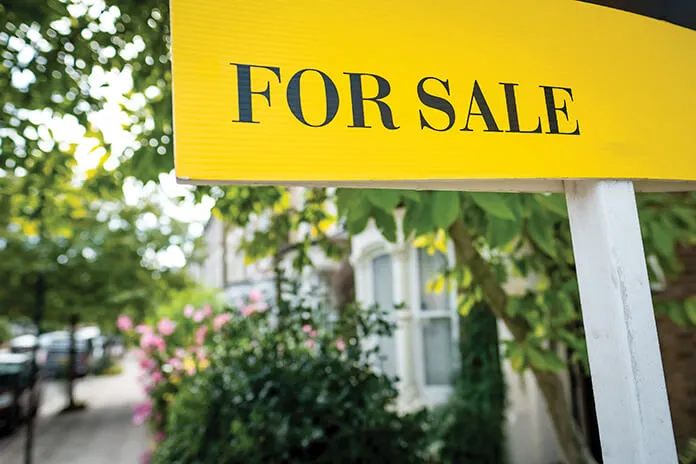
Further alterations and extensions to government policies are expected as Covid-19 continues to take its toll on the property industry.
Help to Buy
Help to Buy is the latest scheme to be extended beyond its original deadline. The first-time buyer financial help scheme, where the government pays some of the deposit on a new property, was due to end in March, but has now been extended to May.
The reason for the extension, according to the government, was because 16,000 sales had been affected owing to construction delays caused by the various lockdowns. Around 278,000 properties have been purchased using the scheme over the past seven years.
Landlords further worried over "No Evictions" extension
Not a scheme, but a policy brought in as a response to lockdown, the "No Evictions" rule for private rented tenants has also been extended until the end of March. It was supposed to end mid-Feb.
The National Residential Landlords Association (NRLA) say there are around 800,000 private renters currently in arrears. A spokesman for the organisation insisted that continually extending the deadline was leading to “mounting debts to the point [renters] have no hope of paying them off". He called for hardship loans and grants to be extended to landlords to help them cope with their own financial crises as a result.
Tenants also joining "race for space" to rural locations
But not all landlords are suffering as a result of Covid-19 – some are actually benefiting, especially those whose properties lie in more rural locations. For just like buyers, renters too are now looking for bigger gardens and more rooms. The cost of rent is actually falling in built-up areas and rising in countryside locations.
Property portal Zoopla noted that rental prices in upmarket areas such as the City of London and Kensington and Chelsea plummeted 17.3% and 12.3% respectively in 2020 compared with 2019. Similarly, in Greater London, they were down 8.3%. Edinburgh and Manchester experienced similar drops. In Birmingham, tenants are now paying 3.4% less, while in neighbouring Wolverhampton, Sandwell and Bromsgrove they are prepared to pay 5.3% more to live in quieter, greener environments.
Tenants’ property preferences have also changed as a result of lockdown: houses are now in far greater demand than apartments. London landlords saw their apartments take 20% longer to rent compared with houses in the closing months of 2020. The latter were snapped up 10% more quickly than the same time the previous year and 30% faster across the UK as a whole.
Property prices take a dip
Predictably property prices fell in January as many buyers realised their transaction wasn’t going to go through in time to meet the Stamp Duty deadline in March. Both Nationwide and Halifax reported a 0.3% monthly drop in January compared with the previous month. The last recorded drop had been back at the beginning of the first lockdown.
In terms of year-on-year comparisons, Halifax says prices are up 6.4%. However, that figure is expected to drop as the latest Royal Institution of Chartered Surveyors (RICS) survey shows more than a quarter of their members revealed a drop in buyer enquiries during the first month of the year. This is coupled with more than a third of surveyors reporting fewer properties coming on to the market – the first fall since May last year.
Property portal Rightmove also noted a drop in interested buyers and properties coming on the market in January, but said the figures had started to pick up in February, with a 45% rise overall when compared with the same period last year. Purchases were also up 5% year-on-year. They attributed the current lack of properties in part down to the increased number of families having to spend time home schooling.

